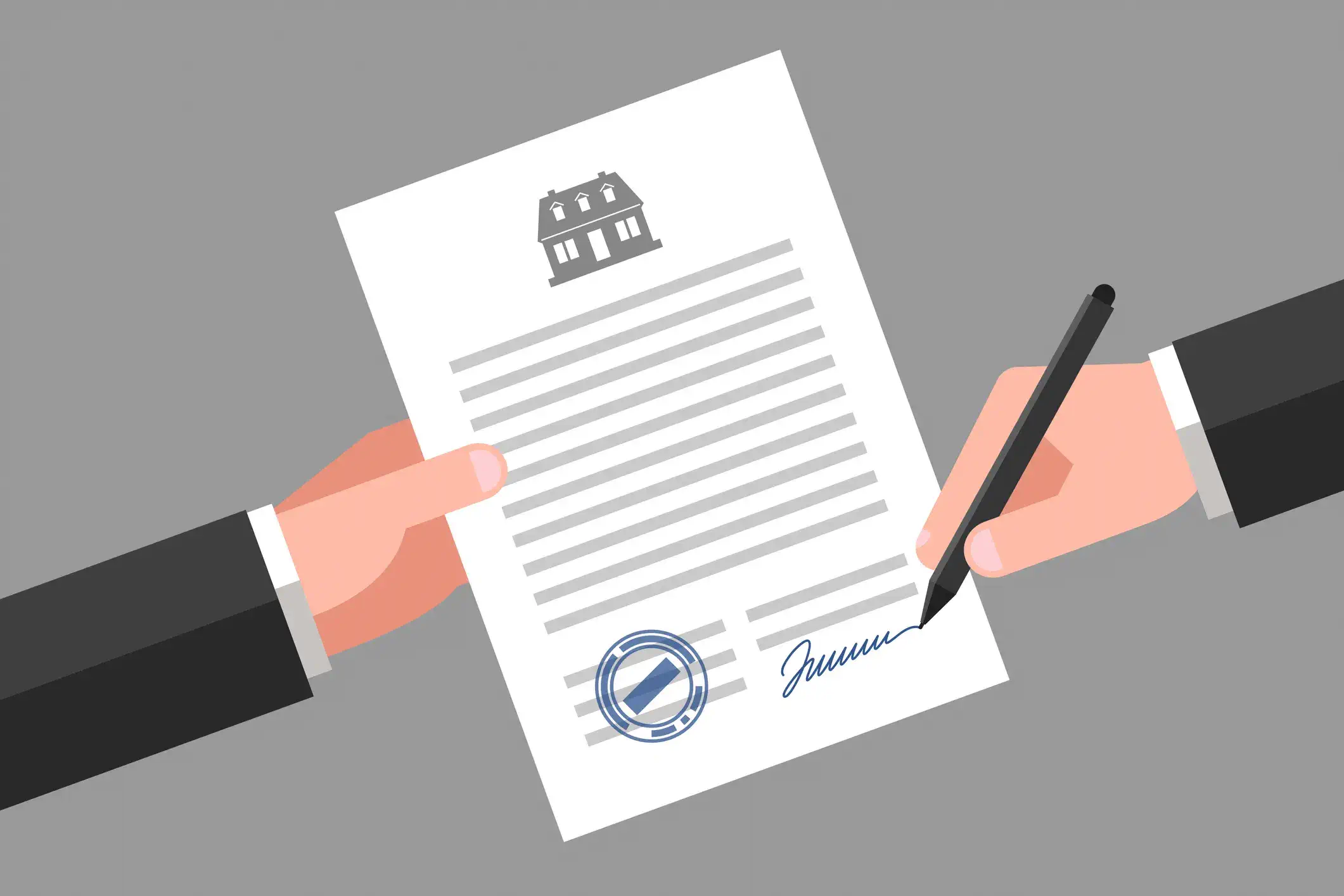
Can I Add My Name to My Parents House + Rules
Can I add my name to my parents house? Is adding my name to my parents house possible? If yes, how? Adding your name to your parents’ house can be a way to share ownership or plan for inheritance. But it’s not so simple! It’s not as simple as just adding a name to a document.
You have to go through some legal procedures. In addition, there are some tax implications on your own parent’s financial situation and potential impact that you should consider. It is important to be familiar with a series of legal issues and procedures before doing this and understand how to achieve this goal.
If you are looking for an answer to the question: Can I add my name to my parents house? You should first know what potential consequences this could have for you. In this article from humanhealthmag, we will go deeper into this process and its considerations.
Conditions of Property Transfer to children
Can I add my name to my parents house? Yes, There are different ways to transfer property to a child, each of which has its own conditions. These methods are divided into two general categories: transfer of property during life and transfer of property after death. In the following, we briefly describe each of these methods.
1- Transfer of property during life
• Gift: In this method, the owner gives the property to his/her child for free. To donate the property, your parent need to draw up an official document at the registry office and have you (your parents and yourself) sign it.
• Life agreement: In a life agreement, the owner or the parents transfer the interests of the property to you for life. In return, you also undertake to take care of your parents or pay them an amount. Life agreement should also be arranged in the office.
• Sale: In this method, your parents sell their property to you. To sell, you need to prepare an official document in the registry office and pay the transaction price (property price) to your parents, who are the actual owners.
2- Transfer of property after death
Make a will: In a will, your parents can decide how to divide their property after they die. In this case, they must write a writing will and have two witnesses sign it.
The choice of each of these methods depends on the individual’s conditions and goals. For example, if you want to have full ownership of the property from your parents, they can do it through gift or sale. But if they want you to take care of them in their old age, they can transfer the property to you through a life agreement.

how to add your name to your parents’ real estate
Can I Add My Name to My Parents House? Legal Procedures
Adding your name to your parents’ house title involves a legal process that varies depending on your location. Here’s a general breakdown:
Involving a Lawyer is Recommended
While there are resources like [wikiHow adding someone to house title] to guide you through the steps, consulting a real estate attorney specialising in property ownership is highly recommended.
General Steps (Can vary by location)
- Discuss with your parents: This is crucial. Understand their reasons for adding you to the title and ensure everyone is on the same page regarding ownership rights and responsibilities.
- Choose Ownership Type: Decide how you’ll own the property with your parents. Joint tenancy (equal rights of survivorship) or tenancy in common (specified ownership percentages) are common options.
- Prepare the Deed: An attorney can help draft a new deed reflecting the new ownership structure.
- Recording the Deed: File the signed deed with the appropriate government office (usually the county recorder’s office) to make the ownership change official. There might be associated fees.
Additional Considerations
- Gift Tax: Depending on your location, there might be gift tax implications if your parents are essentially giving you ownership rights.
- Capital Gains Tax: Future sale of the property might involve capital gains tax for you depending on how you acquired ownership.
It’s best to consult with a real estate attorney to get specific legal guidance for your situation. They can help you.
Additional Factors to Consider
- Tax implications: There may be tax implications of adding your name to the deed.
- Estate planning: Adding your name to the deed could affect your parents’ estate planning.
- Your rights and responsibilities: Your rights and responsibilities as a co-owner of the house will depend on the specific type of deed used.
A lawyer can help you understand all of these factors and determine the best way to proceed.

Can I Take Over My Parents House?
There are a few ways to approach owning your parents’ house, but taking over without their consent isn’t possible. Here are some legal options:
- Inheritance: If your parents pass away, the house may be included in their will. This would be the most common way to acquire ownership.
- Gift: Your parents can gift the house to you while they are still alive.
- Purchase: You can purchase the house from your parents. This would involve a traditional home buying process, including mortgage approval if necessary.
- Shared Ownership: You and your parents could co-own the house. Each owner’s responsibilities and rights would need to be spelled out in a legal contract.
- Living Arrangement: If your parents need assistance living independently, you could move in and help out in exchange for living there. This could be formalised in a contract.
It’s important to discuss your intentions with your parents openly and honestly. Consider their needs and financial situation as well as your own. Consulting with an attorney or financial advisor specialising in property law can ensure a smooth transition.
Know more: Alzheimer’s Disease is changes in the brain and the most common cause of dementia that gradually affects memory loss.What are the positive effects of free short stories for dementia patients?
Deeding property in the name of some children before death
There are some things to consider when deeding property to your children before death. Here’s a breakdown of pros and cons:
Pros
- Avoid probate: Probate is the legal process that distributes assets after someone dies. It can be time-consuming and expensive. Deeding the property can bypass probate for the property in question.
- Maintain control (somewhat): With certain deed types (like Transfer on Death Deed – TOD deed), you can retain control of the property during your lifetime and change your mind if needed.
Cons
- Loss of control: Once the property is deeded to your children, you no longer have sole control. They can potentially sell it, take out loans against it, etc.
- Tax implications: Depending on the value of the property, there could be gift tax consequences.
- Child’s debt: If a child named on the deed has creditors, the property could be at risk.
- Unequal distribution: Deeding to some children and not others could create conflict among siblings.
Alternatives
- Living Trust: A living trust lets you decide who inherits your property and how it’s handled. It can bypass probate court and give you some control even after you can’t manage your affairs yourself.
- Will: A will requires going through probate court, but it allows you to clearly state your wishes for how your property should be distributed after you pass away.
Conclusion
If you are looking for an answer to the question: Can I add my name to my parents house? We must say that in most cases, you cannot simply add your name to the deed of your parents’ house. Adding a name to the deed typically involves a legal process that transfers ownership rights. To ensure a smooth and legally sound process, it’s best to consult with a lawyer beforehand.
FAQs
Can I add my name to my parents house?
Yes, you can put your parents’ house or property in your name under certain conditions. For example, They can do this through a donation. Also, your parents can give their house or property to you through a will.
What are the benefits of adding my name to the deed?
Easier inheritance, potential tax benefits (consult a professional).
What are the drawbacks?
Potential tax implications for your parents, shared ownership responsibilities.
Should I inherit through a will or be added to the deed now?
Depends on your situation. Consider legal and financial implications (consult professionals).
What else should I think about?
Impact on your parents’ access to government benefits.
